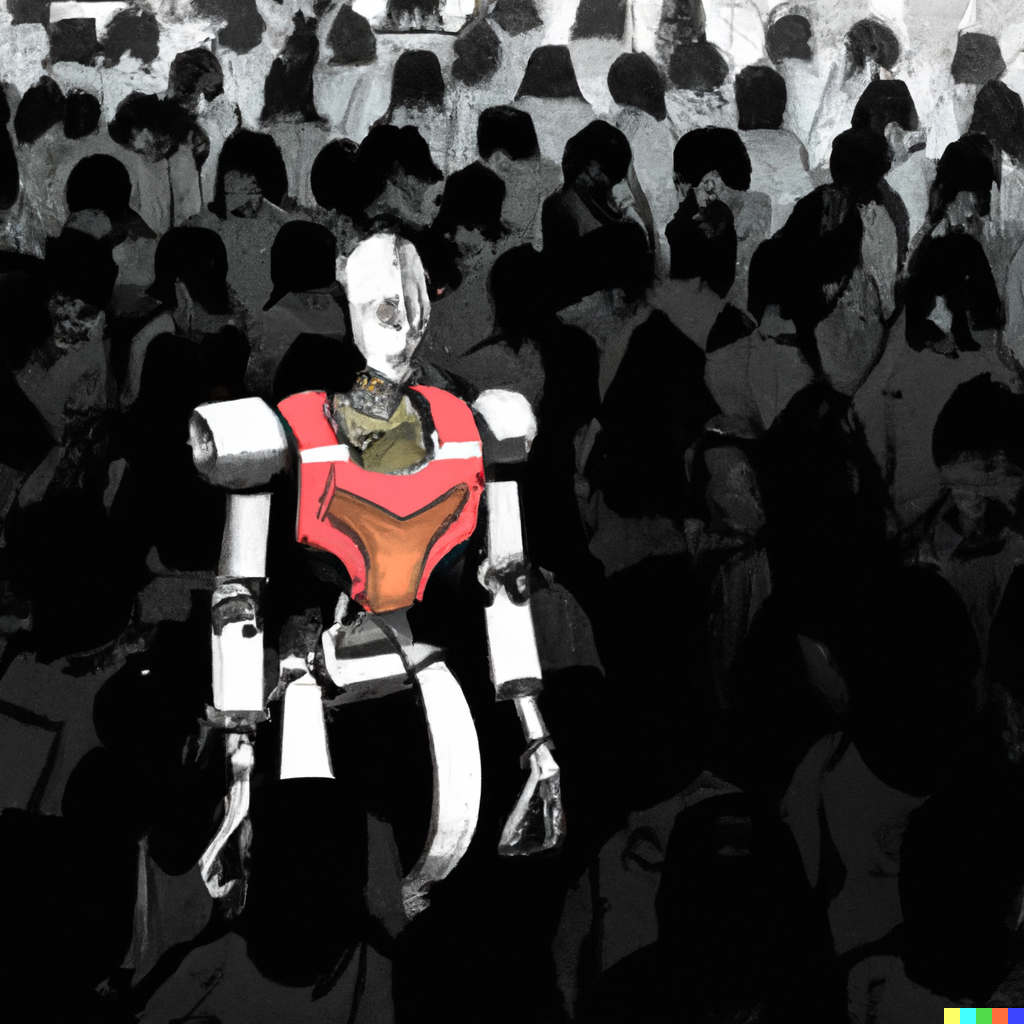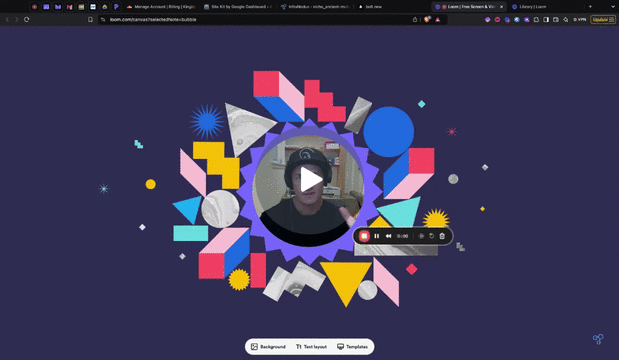ChatGPT: Who Has Time for That?
If you're looking for a tool that can write and translate for you, ChatGPT is your guy. But let's be real, who has time for that? This article is part of a series on ChatGPT.

This article is part of a series discussing the ethical issues, services and skills of ChatGPT. The following text is a cynical A.I written version of the following article: https://www.kingigilbert.com/chatgpt-helps-but-can-harm-too/
If you're looking for a tool that can write and translate for you, ChatGPT is your guy. Check out the alternative versions of this article, written in cosmic optimism and cynicism, as well as in Te Reo Māori and Hawaiian. But let's be real, who has time for that?
When it comes to information collection and synthesis, ChatGPT is just another tool in the searchable universe, along with Google search and other bot collection services. You know, the ones that gather information from websites, books, pdf's, and image meta-data, all of which are made public and flagged as searchable by machines. People use these services every day, typing in a keyword and hoping for the best.
But wait, there's more! There's also the unsearchable universe, which includes closed off or walled social media networks, private websites, and services that don't allow their content to be read by machines. But don't worry, there are tools out there that scrape/collect information from the unsearchable universe. Of course, these techniques all cost money and time to run, so it's not like you're getting something for nothing. And there's always the issue of legality, since many owners prefer to charge for access or restrict to specific users. But who cares about that, right?
So where does ChatGPT fit into all of this? Well, it's a generative pre-trained transformer that can write like a human, thanks to its massive amount of written text from the searchable universe. But let's be honest, it's not like ChatGPT is doing anything groundbreaking. It just produces work in a chat format that has perfect grammar, correct punctuation, and no spelling mistakes. Big deal.
Sure, there are some differences between ChatGPT and Google search. For one, ChatGPT is estimated to have reached 100 million monthly active users in just two months, making it the fastest-growing consumer application in history. But who cares about that?
Google search has been around for 25 years and has over 5 billion monthly page views.
As for the style and delivery of information, ChatGPT produces contextualized results in natural spoken format with different writing styles, while Google search just gives you a list of URLs. But really, who has time for different writing styles?
ChatGPT synthesizes multiple sources together, which is cool and all, but is it really that much better than just providing a list of search results?
And don't get me started on the fact that ChatGPT is only 15 years old and can only search data from 2021 onwards. What kind of limited scope is that?
Oh, and let's not forget about how ChatGPT might disrupt some jobs. I mean, I conducted some informal tests for programming, writing, and legal jobs, and the results weren't half bad. But who needs human employees when you can just use a robot? It's not like people need jobs to survive or anything.
All in all, ChatGPT is just another tool in the vast and ever-expanding searchable universe. It may have some strengths and differences from other services, but is it really that groundbreaking? Only time will tell.





